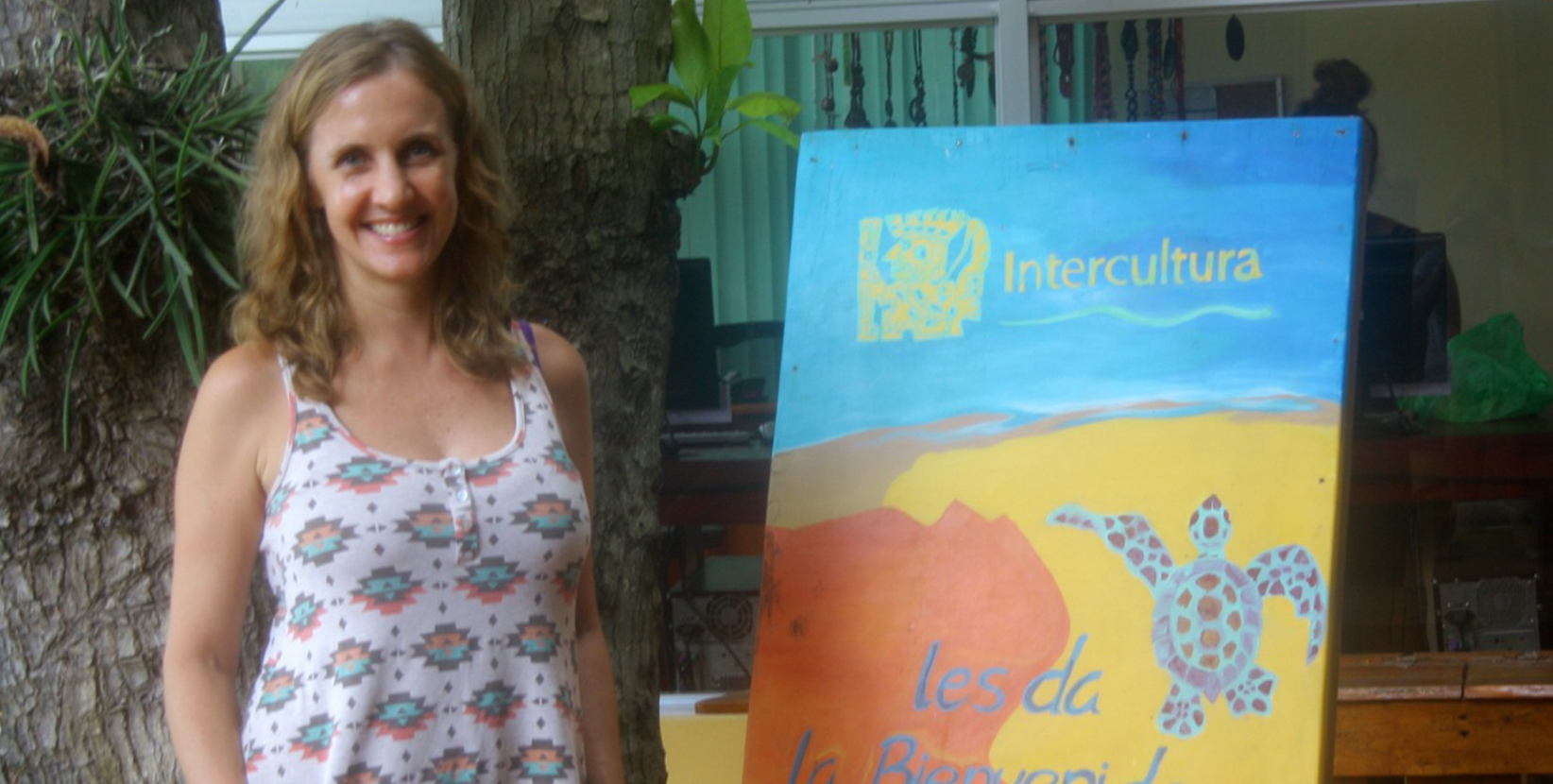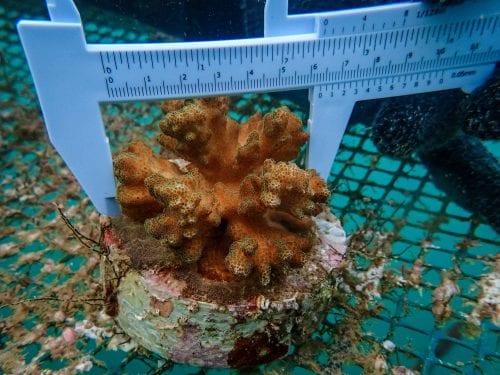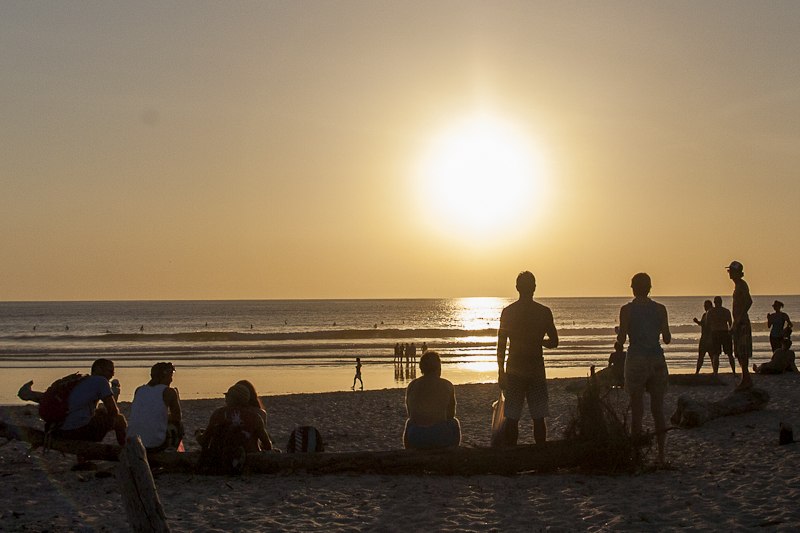
I spent the last few weeks studying Spanish in Samara’s language school, Intercultura. What a great experience. My instructors stuffed my head with more Spanish than I thought I could learn in such a short time and shared very helpful information about Tico culture and the local use of the language, which can be very different from text book Spanish. I have had a few good laughs after learning the difference between what I thought I was saying and what I now know my Tico friends and neighbors were hearing.
Intercultura has had a huge impact on this community, way beyond its role in education, and that is not by accident. Laura Ellington is a Samara resident and a founding director of the school which opened its doors in Heredia 20 years ago and began offering classes in Samara in 2001. Before settling in Costa Rica, Laura worked for nonprofit organizations (NGOs) in the US, Nepal, Indonesia and France. She has an extensive education in English, Spanish and Cultural Anthropology. There came a point in her life when she needed to choose between language instruction, for which she had a passion, and NGO’s ,which seemed to better fit her principals. A friend helped her make the decision by pointing out that one well run business can often have a bigger impact on a community, and even the world, than an NGO can have. That thought rang true for Laura and cemented her commitment to Intercultura and eventually led her to Samara.
When the founders of Intercultura decided to offer a beach location they tried Jaco and a few other beaches, but settled on Samara for the same reason many of us have come here. It is beautiful, peaceful, accessible and has not lost its Tico-ness. It provides a safe and meaningful experience for students from all over the world and fosters a community that is richer for having a tourist base that is well educated and comes to Costa Rica for an enriching experience.
Visitors to Samara often tell me they want to live here too and want to know how to make it happen. I am beginning to be able to spot which ones will last and which will not. Laura is typical of the people who make it work for the long haul. To make it work here one needs to treat this life like a good marriage, wanting what is best for both the community and yourself, learning to accept any shortcomings and focusing on building something together as partners. If you come here seeking solely what you want from life, you will probably be moving on soon. If you really want to stay, look around and see what the community needs. Find a way to apply your unique gifts to the betterment of the community. If you want a role model, just watch Laura. She can show you how to do it right.
A few things you might not know about Intercultura:
Intercultura employs 28 people at its Samara location.
70 families in Samara participate in the home stay program, which provides a valuable experience to students and important income and stability to the families.
Intercultura is the only language school In Costa Rica approved as a member of the United Nations Global Compact, an initiative to promote sustainable and socially responsible business practices in the world. Visit https://www.unglobalcompact.org for additional info.
Intercultura has a volunteer program to assist its students and the community to interact in a meaningful way.
Intercultura was behind the founding of CREAR, an important resource to Samara, now located in the community building on the soccer field. CREAR provides activities for local youth and our only public library. http://www.asociacioncrear.org
PS. Many thanks to Byron Perez Gonzales, Nelson Jimenez and Sylvia Baltodano Diaz. You are all wonderful teachers and I am very grateful to each of you.







Comments